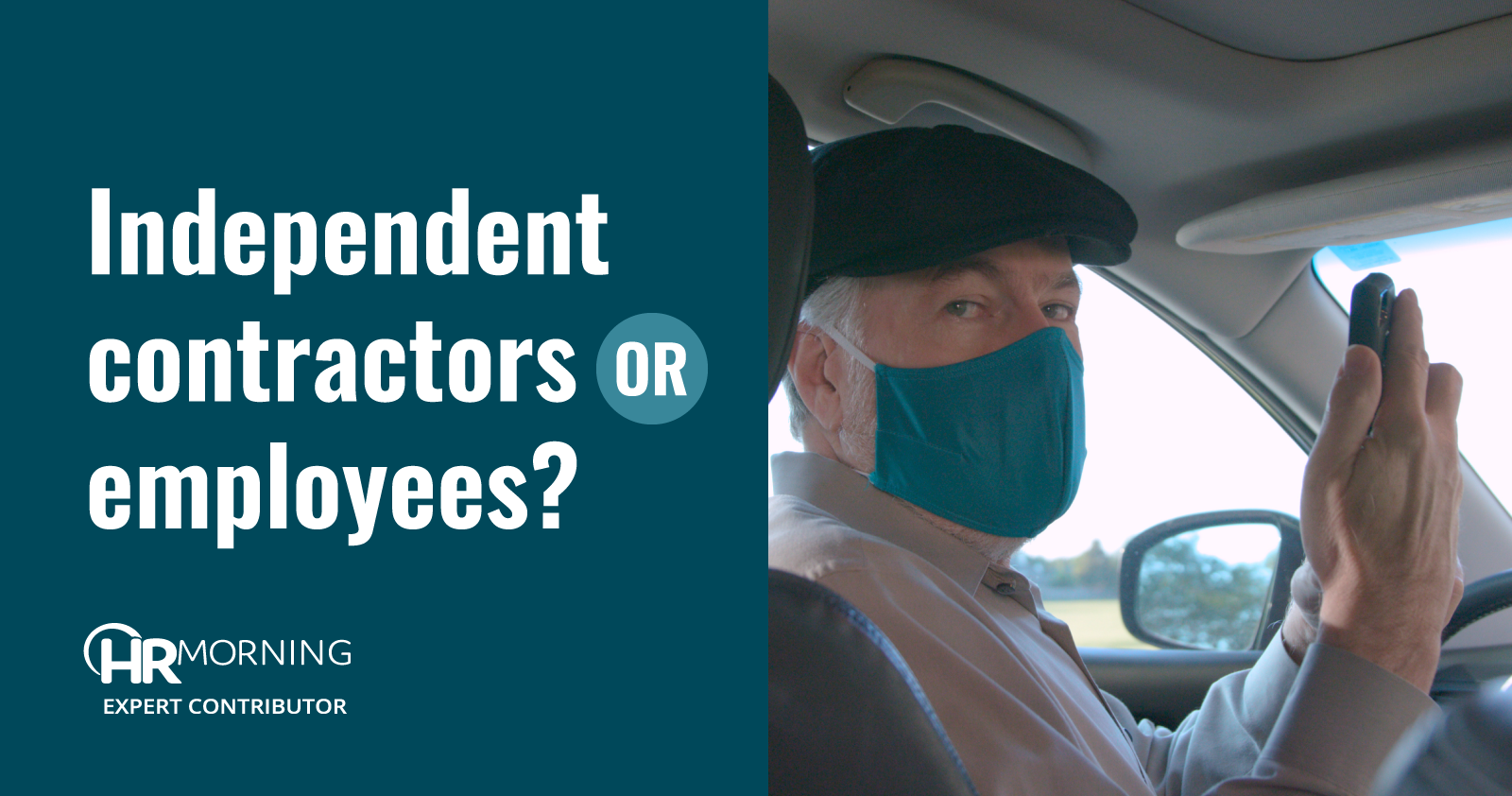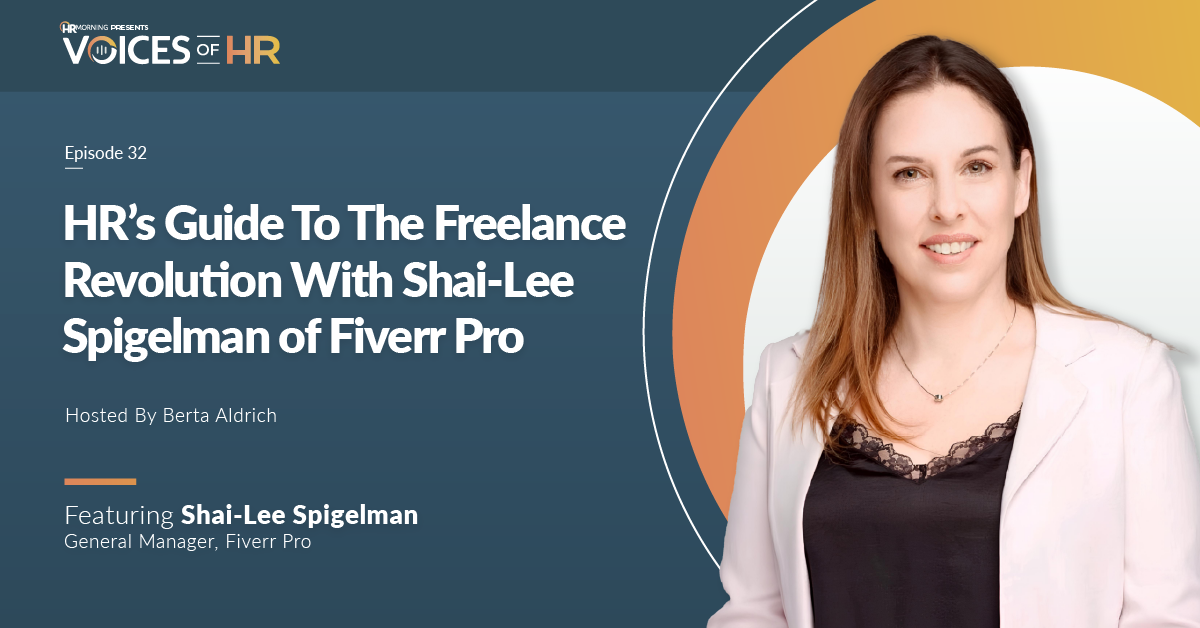15 ways to avoid feds' independent contractor wrath
Working with independent contractors? Here are 15 ways to ensure you don’t end up as the next write-up on the Department of Labor’s website for misclassifying them as employees.
Get access to 100's of HR resources in HRM INSIDER
Learn MoreWorking with independent contractors? Here are 15 ways to ensure you don’t end up as the next write-up on the Department of Labor’s website for misclassifying them as employees.
The compounding effect of five developments in employment law has made using independent contractors significantly more appealing and risky at the same time.
Signed agreements from workers stating that they are independent contractors mean little if the Department of Labor (DOL) feels a worker has been improperly classified.
If your company is considering broader use of independent contractors to save money, be aware that federal and state lawmakers and investigators plan to go hard on any employer who doesn’t meet strict IC requirements.
You know the cost of misclassifying employees as independent contractors. But can you determine whether or not these exotic dancers were employees?
Enter the latest wave in the sea of crackdowns, regulations and additional paperwork surrounding the classification (or misclassification) of employees.
To all those using independent contractors: The Department of Labor (DOL) is no longer looking to just strengthen its own enforcement of employee classification rules, it’s now strengthening states’ enforcement efforts as well.
The Department of Labor (DOL), Internal Revenue Service (IRS) and nine states have teamed up to find wage and hour violators and fine them heavily.
Some people just don’t appreciate art. A U.S. District Court judge in Georgia has ruled that male strippers don’t qualify for exempt status as “creative professionals.”
Citywide Protection Services formed an agreement with its security guards: The guards could work extra hours in exchange for straight-time pay only — no time-and-a-half.
During the present pandemic, online facilitators of food-delivery services have thrived. For example, Instacart — which sends “shoppers” into supermarkets on customers’ behalf — has grown its business by 500%. By contrast, Uber and Lyft have struggled, but are beginning to see upticks in business in major metropolitan regions such as Philadelphia. Meanwhile, these companies’…

While firms anxiously await the DOL’s new FLSA overtime rules, the agency just announced it will be releasing new information on another key wage-and-hour issue this summer.
The EEOC just issued its second-ever Strategic Enforcement Plan. This is a big deal. Here’s why.
Lesson from a recent court ruling in a religious discrimination case: Yes, companies must take reasonable steps to accommodate workers’ religious beliefs. No, they don’t have to provide accommodations that would impose a hardship on the organization.
When an independent contractor was fired, he retaliated … by suing the company where he worked for misclassifying him. He wanted back pay for the 26 hours of overtime he worked each week for 12 years. Did he win?
Many businesses are tapping into the specialized knowledge and experience of freelancers, consultants, and independent contractors to complete key projects. While freelancers bring needed expertise and fresh perspectives, they’re not employees of the company. And yet, it’s up to HR to recruit, screen, and keep track of this valuable external talent. To help you navigate…

Our HR editorials undergo rigorous vetting by HR and legal experts, ensuring accuracy and compliance with relevant laws. With over two decades of combined experience in Human Resources thought leadership, our editorial team offers profound insights and practical solutions to real-world HR challenges. This expertise not only enhances the credibility of our content but also makes HRMorning a dependable resource.
For more information, read our editorial policy.
We ask for your credit card to allow your subscription to continue should you decide to keep your membership beyond the free trial period. This prevents any interruption of content access.
Your card will not be charged at any point during your 21 day free trial
and you may cancel at any time during your free trial.
